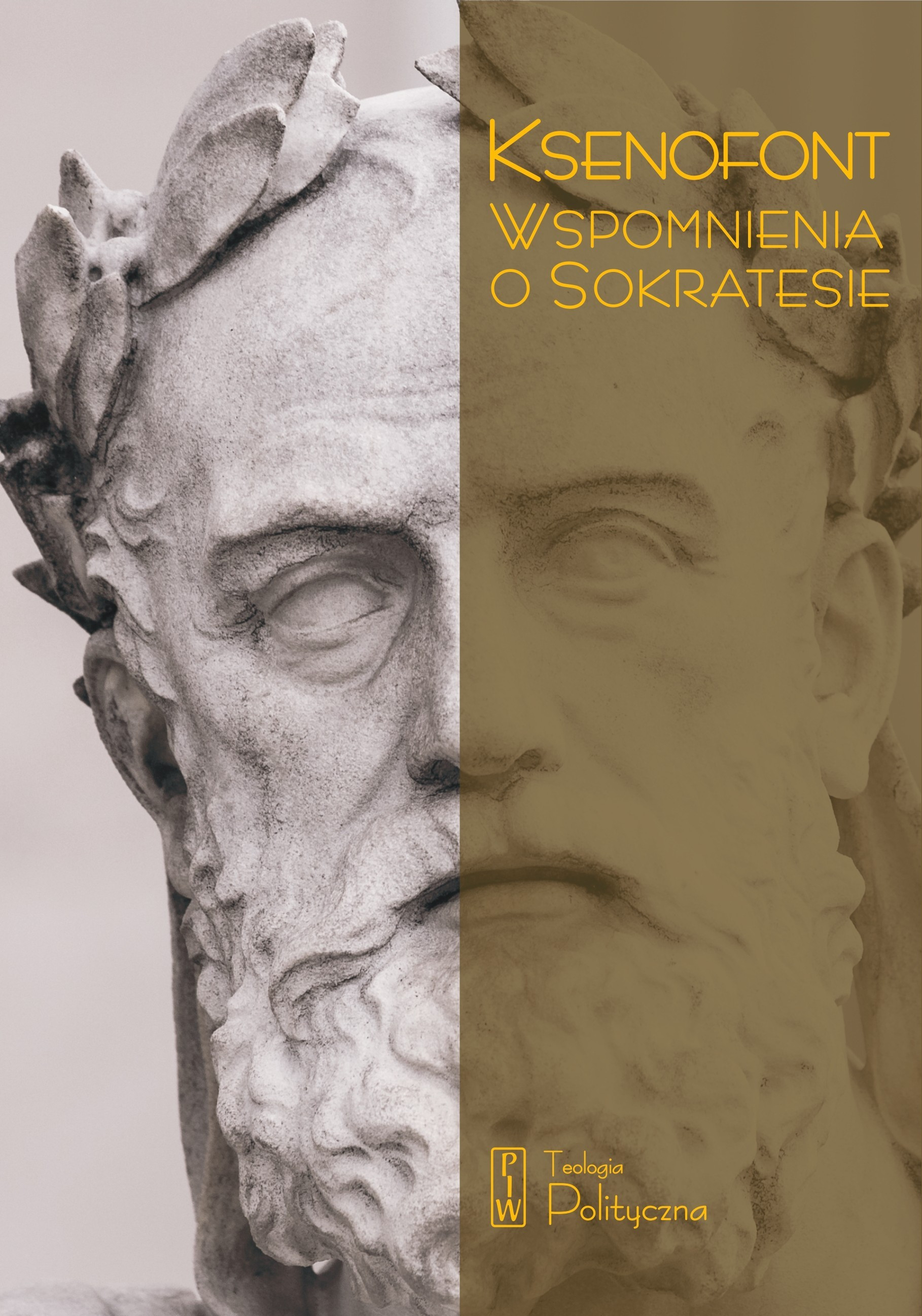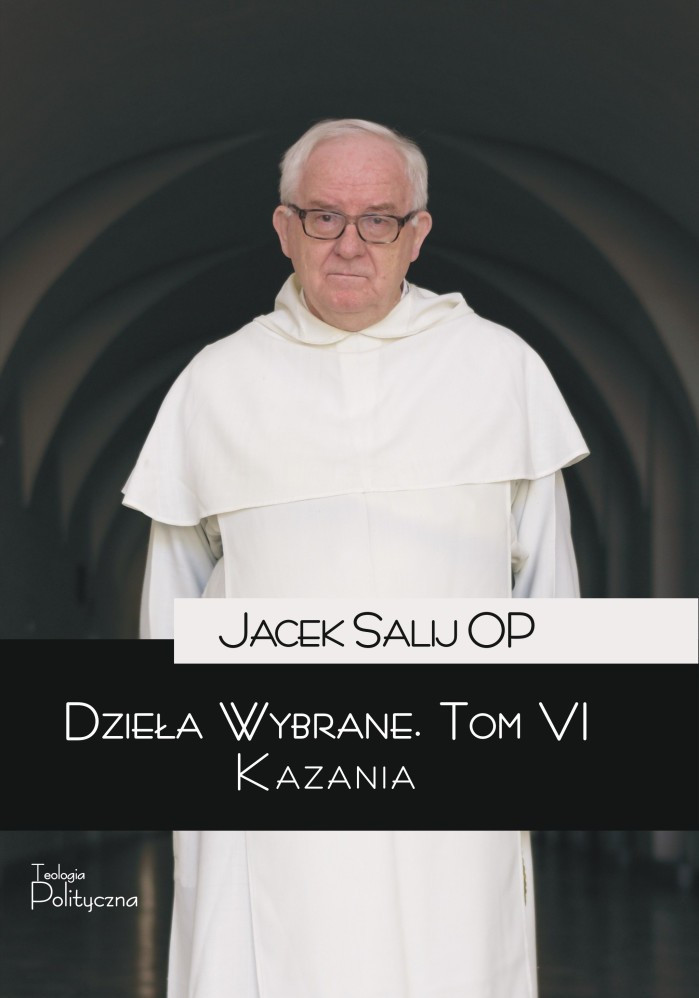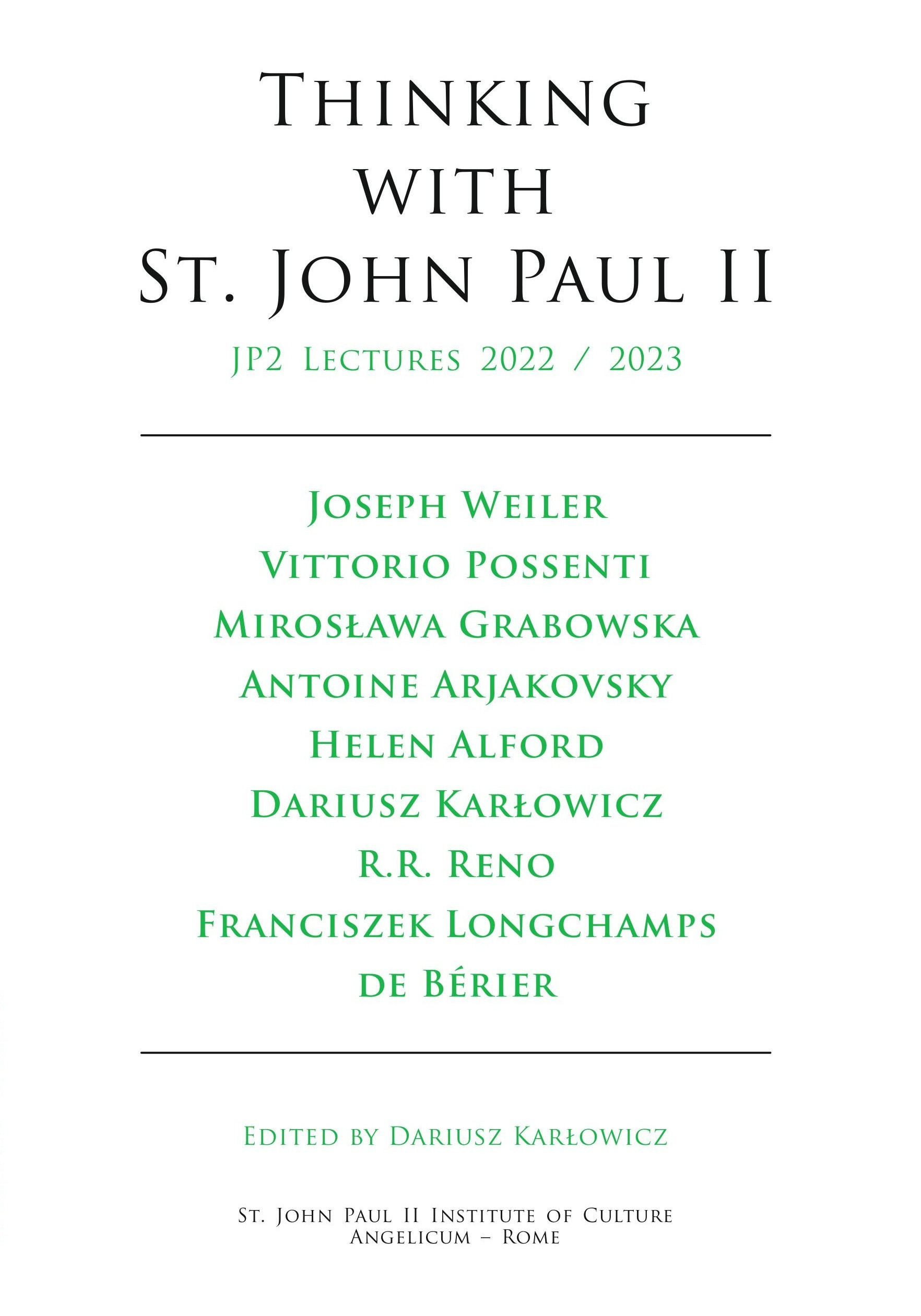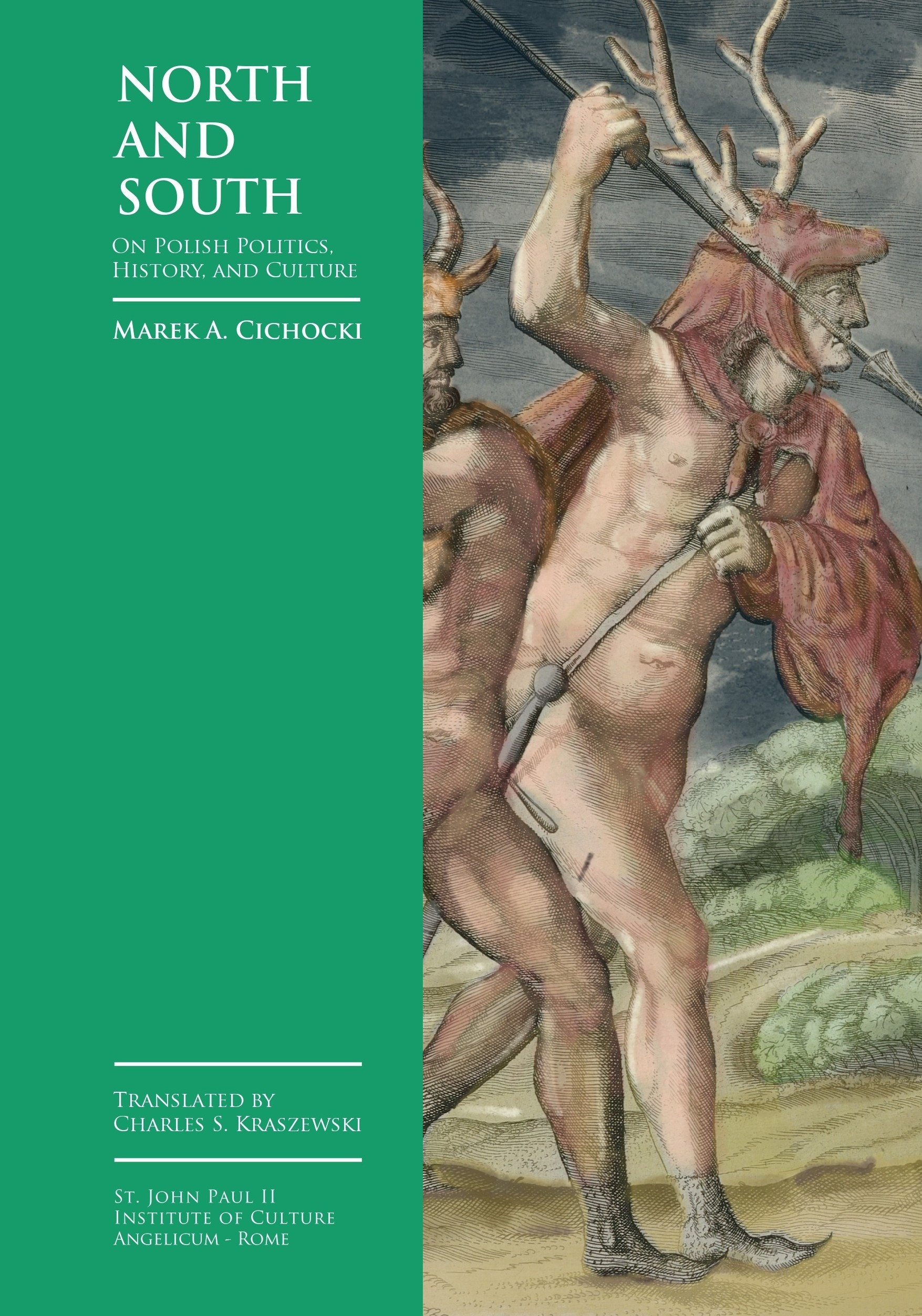Imperiological Studies: A Polish Perspective - Andrzej Nowak
The studies of empire have not grown out of a political vacuum, but rather in close relation with the crisis, and the subsequent collapse of the Soviet Union. What came to the fore at that point was one of the most interesting venues of interpreting this phenomenon, through reference to the concept of empire. It equally became a tool of political discourse over the present state and the future of the post-Soviet territory.
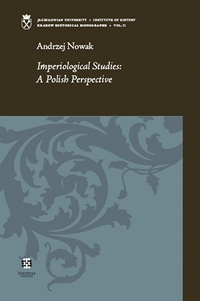 IN THE PAST TWENTY YEARS, the social sciences have witnessed a development of a new field of interdisciplinary studies. This has managed to focus the thoughts of historians and political scientists on the particular phenomenon of large political structures, multinational in nature, characterised by a pattern of domination and collaboration running along the centre-periphery axis, by a particular ideology, legitimising expansion, by specific techniques of control and, finally, the resistance that they meet.
IN THE PAST TWENTY YEARS, the social sciences have witnessed a development of a new field of interdisciplinary studies. This has managed to focus the thoughts of historians and political scientists on the particular phenomenon of large political structures, multinational in nature, characterised by a pattern of domination and collaboration running along the centre-periphery axis, by a particular ideology, legitimising expansion, by specific techniques of control and, finally, the resistance that they meet.
Imperiological Studies: A Polish Perspective
Andrzej Nowak
wydawca: Societas Vistulana
ilość stron: 240
Introduction
IN THE PAST TWENTY YEARS, the social sciences have witnessed a development of a new field of interdisciplinary studies. This has managed to focus the thoughts of historians and political scientists on the particular phenomenon of large political structures, multinational in nature, characterised by a pattern of domination and collaboration running along the centre-periphery axis, by a particular ideology, legitimising expansion, by specific techniques of control and, finally, the resistance that they meet. A phenomenon of — to use a single word — empires, with the new field of studies that may simply be termed “imperiology.”
The studies of empire have not grown out of a political vacuum, but rather in close relation with the crisis, and the subsequent collapse of the Soviet Union. What came to the fore at that point was one of the most interesting venues of interpreting this phenomenon, through reference to the concept of empire. It equally became a tool of political discourse over the present state and the future of the post-Soviet territory. At that time, the Soviet Union came to be described not simply as an empire but as the last empire — a particular relic,unadjusted to the (post)modern requirements, and one bound to collapse. So it was easier to seek the elements of continuity, or at least congruence between the structures, functioning and the crisis of the Soviet empire and the preceding Russian Empire that developed from the 16th century until the year 1917. This muse at the past, to some extent, necessitated joint efforts of both political scientists, as well as historians.
przeczytaj cały wstęp, rozdział książki oraz przejrzyj jej spis treści
Ty też możesz wydawać z nami książki, produkować PODCASTY, organizować wystawy oraz WYDAWAĆ „Teologię Polityczną Co Tydzień”, jedyny tygodnik filozoficzny w Polsce. Twoje darowizny zamienią się w kolejne artykuły takie jak ten, który właśnie czytałeś i pomogą nam kontynuować i rozwijać nasze projekty oraz tworzyć kolejne. Środowisko Teologii Politycznej działa dzięki darowiznom prywatnych mecenasów kultury – tych okazjonalnych oraz regularnych. Dołącz do nich już dziś i WSPIERAJ TEOLOGIĘ POLITYCZNĄ!



